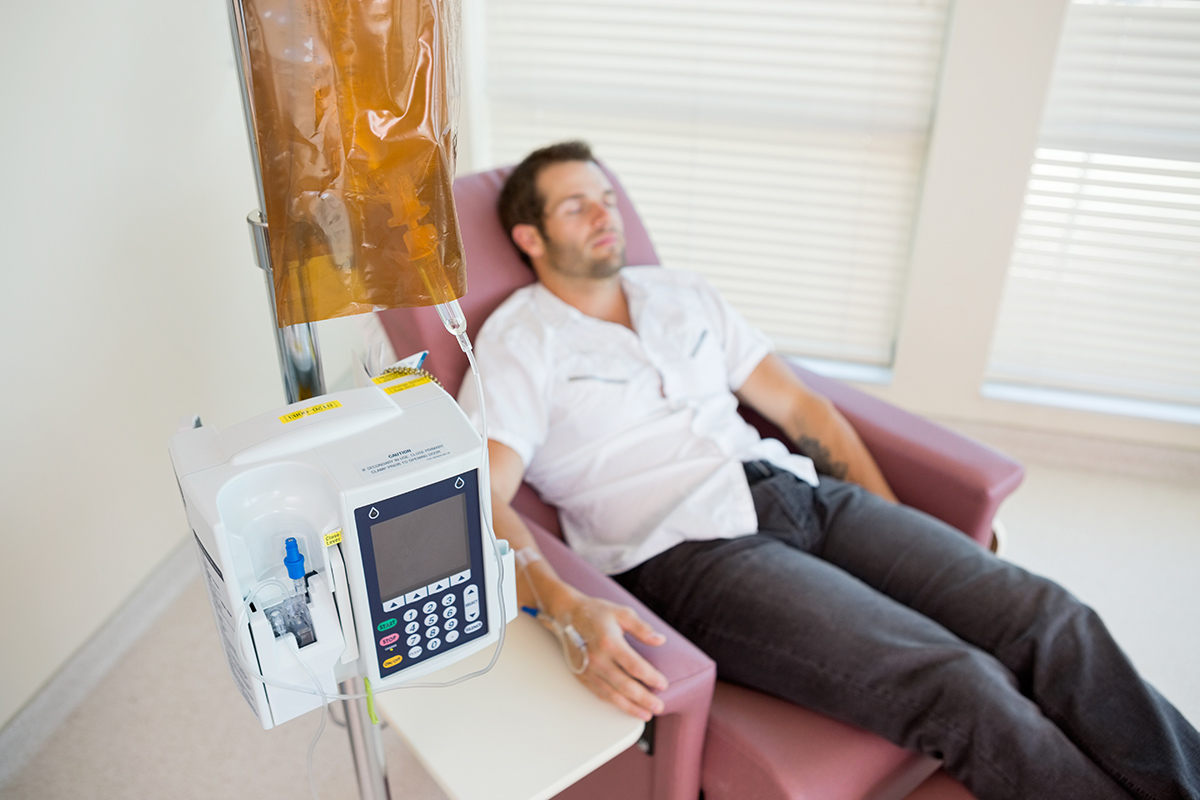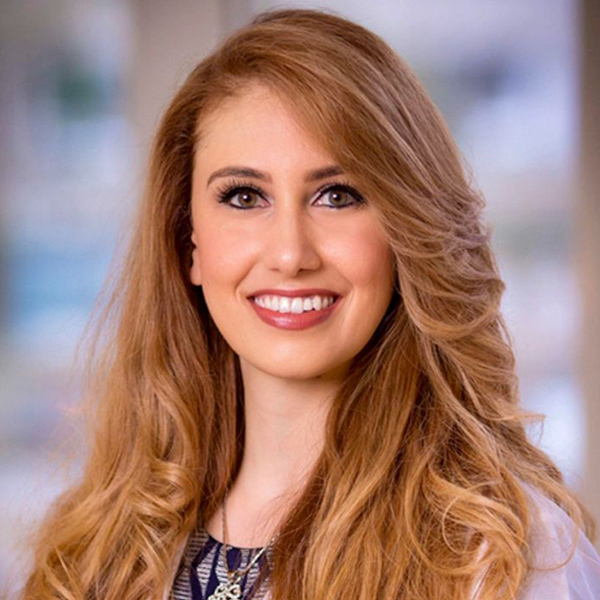Cardio-Oncology, Amyloidosis and Sarcoidosis Training in Advanced HF Fellowship

A new era is upon us in the fields of cardio-oncology, amyloidosis and cardiac sarcoidosis. This is especially true of transthyretin amyloidosis with the recent advancements both in diagnosis and management.
From a treatment viewpoint, advent of a new class of drugs – transthyretin stabilizers – has shown significant improvement in outcome measures in this patient cohort.
Similarly, our knowledge of cardiac sarcoidosis continues to evolve. Isolated cardiac sarcoidosis, which was previously thought to be rare, is now being increasingly diagnosed due to advances in cardiac MRI and FDG-PET imaging.
On the treatment side, several regimens are now being explored, including the use of monoclonal antibodies, a drug class that cardiologists generally are not familiar with or use outside of cardiac transplantation.
These multidisciplinary subspecialties have earned their own spotlight at many national and international cardiovascular scientific sessions, underscoring the growing relevance of these fields to the cardiology community and the increased demand for cardiologists who are well-versed in the management of these patients.

The Journal of American College of Cardiology (JACC) has taken initiative to advance the field by creating an open access publication of their newest journal, JACC: CardioOncology. Over the years, we have also seen an emergence of dedicated cardio-oncology fellowships that offer excellent opportunities for a deep understanding of molecular mechanisms and translational research.
Cardiovascular medicine fellows interested in pursuing advanced heart failure fellowship but also want to incorporate cardio-oncology into their training will find that these two disciplines are highly synergistic.
Most large academic advanced heart failure programs offer electives to gain clinical exposure in cardio-oncology by way of participating in ambulatory clinics and attending multidisciplinary meetings. Being at a training program where there is strong such collaboration between cardiologists and hematologists/oncologists is paramount for any advanced heart failure fellow interested in acquiring this additional skillset.
Training in amyloidosis and sarcoidosis can often go hand-in-hand with cardio-oncology; although depending on the institution, these programs may be led by a separate team of experts. However, in some heart failure programs, they are consolidated, such as Stanford University's Cardio-Oncology, Amyloidosis and Sarcoidosis program led by Ronald Witteles, MD.
Although cardiac sarcoidosis has not gained the same level of attention most recently, Witteles notes that "it is just a matter of time before cardiac sarcoidosis sees its big advancement in therapy, much the same way that transthyretin cardiac amyloidosis has."
Having exposure to this broad range of pathologies in fellowship can be very advantageous for those wanting to be facile in the management of these patients. Specifically, having heart failure specialists who are trained in cardio-oncology, amyloidosis and sarcoidosis might offer some unique advantages.

Ajay Srivastava, MD, advanced heart failure cardiologist at Scripps Clinic in La Jolla, CA, states that the "advantages of being heart failure trained is having a large referral base of patients referred for heart failure with preserved ejection fraction or volume overload. This helps bridge the awareness gap, as clinicians both within cardiology and internal medicine may not be aware of the nuances associated with these disease entities.
Furthermore, being well-versed in cardio-oncology, amyloidosis and sarcoidosis may help limit the number of specialists a patient has to see if they are already seeing you, which helps with real-world logistics."
This is particularly true if patients progress to requiring advanced heart failure therapies.
The field of heart failure is booming with exciting subspecialty opportunities for those looking to further dedicate their clinical and research careers and create a leadership brand in a niche specialty.
For fellows looking to further distinguish themselves within the field of heart failure and are passionate about serving the growing needs of the cardio-oncology, amyloidosis and sarcoidosis patient populations, I encourage you to consider seeking training opportunities in one or all three of these subspecialties.
This will undoubtedly offer fertile ground for a career filled with exciting research developments and multidisciplinary collaboration.


